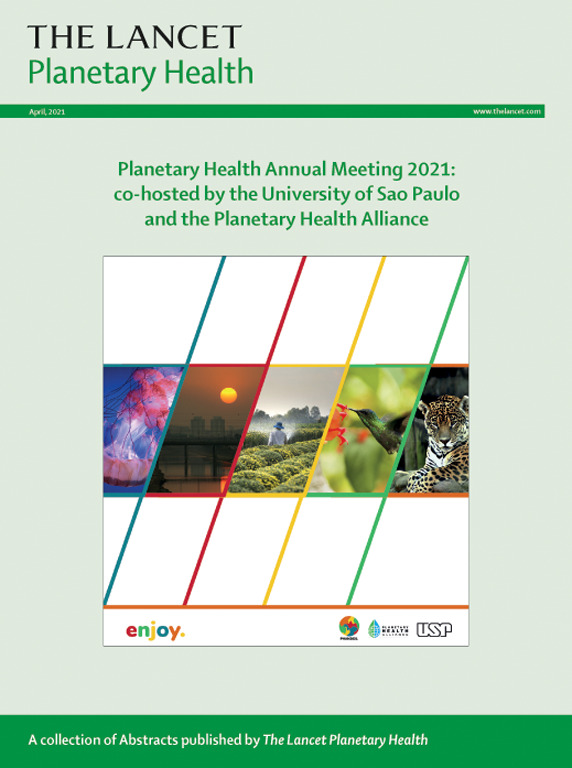A qualitative exploration of barriers, enablers, and implementation strategies to replace disposable medical devices with reusable alternatives
IF 24.1
1区 医学
Q1 ENVIRONMENTAL SCIENCES
引用次数: 0
Abstract
Hospitals use many single-use devices that produce more waste and greenhouse gas emissions than reusable devices; operating theatres alone are responsible for up to a third of hospital waste. We explored barriers and enablers to replacing disposable devices with reusable alternatives in operating theatres by use of interviews, the Theoretical Domains Framework, and theory-informed behaviour change techniques. 19 stakeholders were interviewed at a large tertiary hospital in Melbourne, Australia, and 53 barriers and 44 experience-based or intuition-based enablers were identified. 30 strategies were identified across six topics: external purchasing (two strategies); internal purchasing (seven strategies); incentivisation and standardised environmental decision making (three strategies); successful practical introduction of reusable devices (five strategies); identification of goals and facilitation of leadership (two strategies); and a community of practice and knowledge building (11 strategies). We present these 30 implementation strategies, from the individual to the policy level, which consist of evidence-based behaviour change techniques aimed at addressing the identified barriers to replacing single-use devices with reusable alternatives.
以可重复使用替代品取代一次性医疗器械的障碍、促进因素和实施策略的定性探索
与可重复使用的设备相比,医院使用的许多一次性设备会产生更多的废物和温室气体排放;仅手术室就产生了高达三分之一的医院废物。我们通过访谈、理论领域框架和理论指导下的行为改变技术,探讨了在手术室用可重复使用替代品取代一次性设备的障碍和促进因素。我们在澳大利亚墨尔本的一家大型三级医院采访了 19 位利益相关者,发现了 53 种障碍和 44 种基于经验或直觉的促进因素。在六个主题中确定了 30 项策略:外部采购(2 项策略);内部采购(7 项策略);激励和标准化环境决策(3 项策略);可重复使用设备的成功实际引入(5 项策略);确定目标和促进领导力(2 项策略);以及实践社区和知识建设(11 项策略)。我们介绍了这 30 种从个人到政策层面的实施策略,其中包括以证据为基础的行为改变技术,旨在解决已确定的以可重复使用替代品取代一次性使用设备的障碍。
本文章由计算机程序翻译,如有差异,请以英文原文为准。
求助全文
约1分钟内获得全文
求助全文
来源期刊

Lancet Planetary Health
Multiple-
CiteScore
28.40
自引率
2.30%
发文量
272
审稿时长
8 weeks
期刊介绍:
The Lancet Planetary Health is a gold Open Access journal dedicated to investigating and addressing the multifaceted determinants of healthy human civilizations and their impact on natural systems. Positioned as a key player in sustainable development, the journal covers a broad, interdisciplinary scope, encompassing areas such as poverty, nutrition, gender equity, water and sanitation, energy, economic growth, industrialization, inequality, urbanization, human consumption and production, climate change, ocean health, land use, peace, and justice.
With a commitment to publishing high-quality research, comment, and correspondence, it aims to be the leading journal for sustainable development in the face of unprecedented dangers and threats.
 求助内容:
求助内容: 应助结果提醒方式:
应助结果提醒方式:


